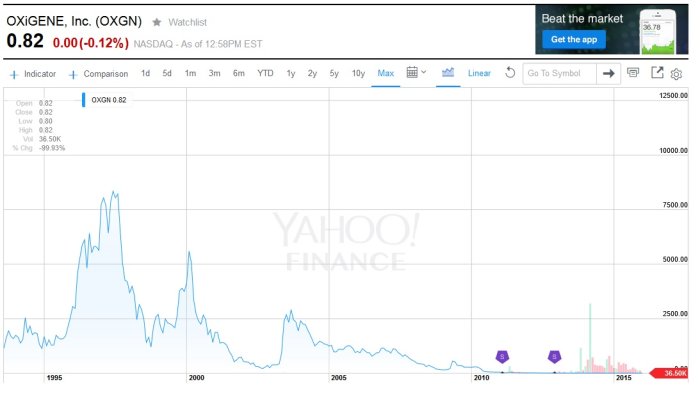“What we’re fighting is the greed. The greed and the additional maneuvering that is being exercised after you’ve already recouped what you’ve invested. There is no control, no regulation,” Ayalew Tefferi, a hematologist at Mayo Clinic and the first signator on the new editorial, said in an interview.
The pharmaceutical industry counters that its medicines provide great value to patients and the health-care system, and that high prices are needed to fund future research and development.
“Too often the focus has been solely on the price of a medicine, and largely ignored the value these medicines are providing,” said Robert Zirkelbach, a spokesman for the Pharmaceutical Research and Manufacturers of America. “We’ve made tremendous strides in the fight against cancer—death rates are down, survival rates are up, and quality of life continues to improve.”
Yet critics increasingly question whether the industry’s U.S. pricing truly reflects the value and R&D costs of medication, or simply what the largely unregulated market will bear. In most other countries, including Canada and European nations, single-payer health-care systems bargain hard with pharmaceutical companies, sometimes refusing to pay for drugs they deem unreasonably expensive. As a result, prices are often far lower in these markets.
The U.S., by contrast, finds it hard to say no. “The U.S. has always taken a very hands-off attitude, that patients are going to have access to new medical treatments regardless of the cost,” said David Howard, a professor of health policy and management at Emory University’s Rollins School of Public Health. For a big payer like Medicare to refuse to cover a drug would be “a highly unprecedented situation,” he said.
In an editorial published in the Mayo Clinic’s medical journal, the doctors focus attention on the financial burden to patients, saying the out-of-pocket costs are bankrupting many just as they’re fighting a deadly illness. Pictured, downtown Rochester, Minn., where the Mayo Clinic is located. ENLARGE
In an editorial published in the Mayo Clinic’s medical journal, the doctors focus attention on the financial burden to patients, saying the out-of-pocket costs are bankrupting many just as they’re fighting a deadly illness. Pictured, downtown Rochester, Minn., where the Mayo Clinic is located. PHOTO: ELIZABETH NIDA OBERT/THE ROCHESTER POST-BULLETIN/ASSOCIATED PRESS
The U.S. market is highly fragmented, with many different parties, from employers to insurance companies to federal and state governments, paying for health care. That leaves drug buyers without the bargaining clout of single-payer systems in other countries.
Some U.S. payers are getting tougher with drug companies, demanding large discounts and more evidence that drugs are clinically effective enough to justify their price. They’ve also steered patients and doctors to more affordable medications by setting lower copayments for cost-effective drugs.
But in their Mayo Clinic editorial, the physicians say much more could be done to control prices. They recommend allowing Medicare to negotiate pricing directly with pharmaceutical companies, something the federal insurance program is barred from doing under a 2003 law. That law leaves the negotiating to private insurance companies and pharmacy-benefit managers that administer the Medicare drug benefit—a policy critics say deprives Medicare of the ability to use its buying power to drive down prices. The Centers for Medicare and Medicaid Services declined to comment on the physicians’ recommendation.
The doctors also propose changing U.S. law to allow patients to import cancer drugs for personal use from other countries including Canada; reforming the patent system to make it more difficult to prolong product exclusivity; and using better regulation to prevent branded pharmaceutical companies from striking any deals with generic-drug companies that would delay the market launch of lower cost generics. The editorial also links to a petition seeking signatures in support of the proposals.


